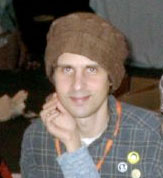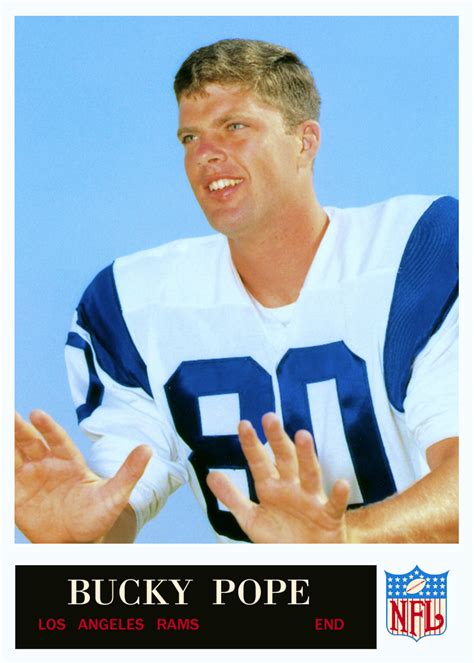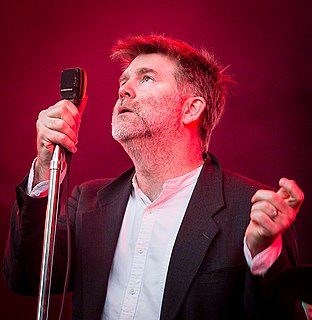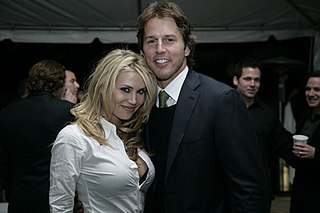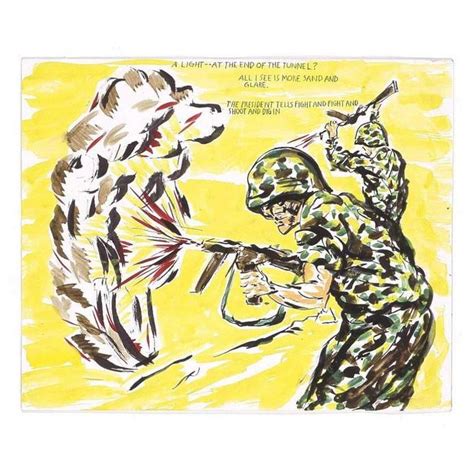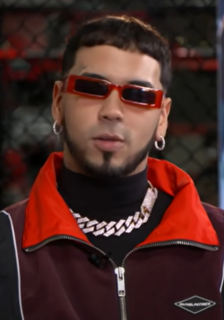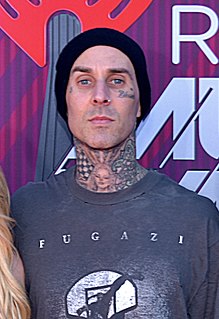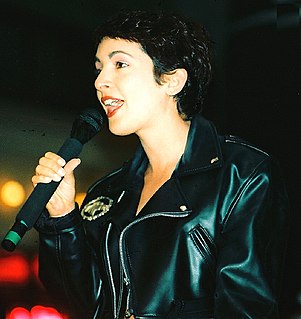A Quote by Greg Ginn
Punk rock really came out of N.Y. as a philosophy before the groups were ever recorded. I had a kind-of intellectual interest in the idea of creating a new scene that could be a grassroots thing.
Related Quotes
People ask me: ‘What is punk? How do you define punk?' Here's how I define punk: It's a free space. It could be called jazz. It could be called hip-hop. It could be called blues, or rock, or beat. It could be called techno. It's just a new idea. For me, it was punk rock. That was my entrance to this idea of the new ideas being able to be presented in an environment that wasn't being dictated by a profit motive.
My vision of punk rock was these dudes who were spitting on the audience and moshing. That's why I kind of left that scene. Then I see all these people around my same age or between 17 and 25 that were making music themselves in their own town. They weren't just singing, but creating. I see them putting out this music where there are tons of women involved in the scene and involved in the bands.
Punk rock was the first thing I found in my life that made me feel acceptable. The thing that got me into punk rock was the idea, "You're fine just the way you are." It sounds kind of dorky, but you don't have to make excuses for who you are or what you do. When you find something like punk rock, not only is it okay to feel that way - you should embrace your weirdness. The world is totally messed up, and punk rock was a way to see that and work with it without candy-coating it. It was saying, "Yeah, the world is this way, but you can still do something about it. Take energy from that."
I had to get a driver's license and drive to St. Louis to find the punk-rock scene that was happening there. And there was a punk-rock scene. It was sweet. It was real. It was like everywhere else in the county. It was a handful of people who were feeling the same pull, and, of course, it was like the Island of Misfit Toys in Rudolph the Red-Nosed Reindeer [1964]. Just the freaks, the fags, the fat girls, the unbelievable eccentrics .
My drawing came out of editorial-style cartoons. Music was one thing and art was another, and there weren't really any standards for my art. My work was just drawings. They weren't done with any aspirations of becoming a part of punk scene. They weren't about punk. They were just collections of drawings, some of which I xeroxed and sold.
I guess it really didn't even dawn on me that you could be a rock critic as a job until I was maybe almost out of college. I knew criticism existed. I read Rolling Stone and Spin. Siskel and Ebert were on television. But I had absolutely no idea how to get that kind of life. And moreover, it didn't interest me that much. I just sort of read normal books growing up. I wasn't that media-conscious. I felt like the one thing I was able to do was to listen to a record and decide whether I liked it.
The whole point was just to be yourself, no matter what that was. You didn't have to fit into a certain punk-rock cliché. Create whatever your compelled to create. People were putting out their own records, and it just seemed natural to put out my own magazine. When I was really young, I started making magazines and little books, just folded-over pieces of typing paper, so when I discovered punk rock, it really blew my mind. I played in bands and stuff, but making my own zines seemed like an inherent part of that scene.
The whole punk scene is, of course, responsible for the Go-Go's ever getting created. Because before punk rock happened, you couldn't start a band if you didn't know how to play an instrument. But when punk happened it was like, 'Oh, it doesn't matter if you can play or not. Go ahead, make a band.' And that's exactly what the Go-Go's did.




